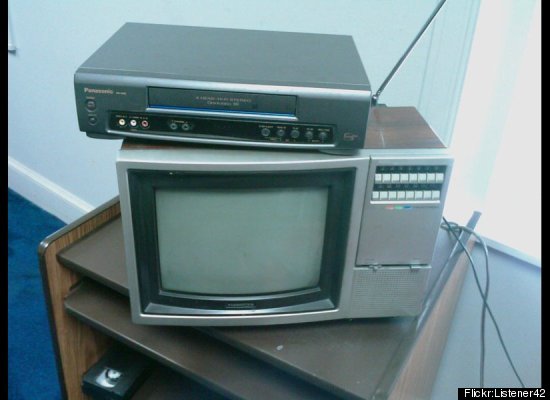
The DVD was invented in 1995, introduced in the United States in 1997, and, by the early 2000s, had generally overtaken VHS tapes as the video format of choice for consumers. In 2005, the Washington Post penned an obituary of sorts for the VHS tape, writing, "VHS -- the beloved videotape format that bravely won the war against Betamax and charmed millions of Americans by allowing them to enjoy mindless Hollywood entertainment without leaving their homes -- has died at the age of 29. It passed away peacefully after a long illness caused by chronic technological insignificance and a lack of director's commentary tracks." The president of the Video Software Dealers Association told the Post he thought 2006 would be "the last year that there are major releases on VHS, and there won't be many of those."
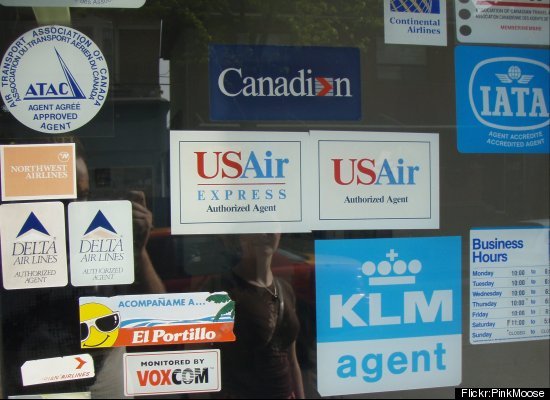
The proliferation of sites like Kayak, Orbitz, Travelocity, and Hipmunk, which have empowered consumers to find their own fares and easily book their own flights, together with the rise of websites and apps that give travelers the information they need to plan their own itineraries, have changed the travel industry in drastic ways. The days of recruiting a travel agent to book flights, find hotels, and organize tours are on their way out--and already gone for many.
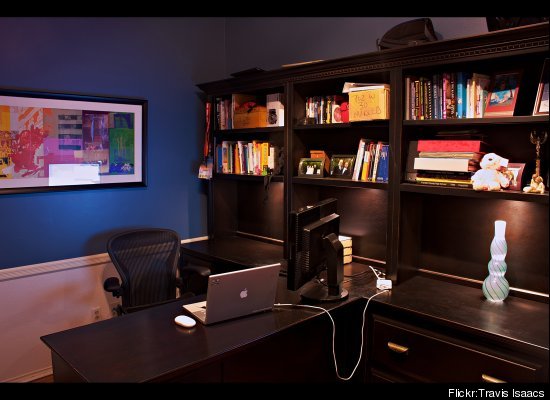
Our way of working has changed drastically this decade. These days, we no longer have to be in the office or even near a computer to be at work or in touch. With smartphones that are ever-more ubiquitous and ever-smarter, along with ultra-light laptops and WiFi in planes, trains, and automobiles, we can reply to our colleagues on the go and are accessible anywhere.
 |
| Forgetting |
"The web means the end of forgetting," wrote the New York Times earlier this year. "The Internet records everything and forgets nothing." Indeed, increasingly there's a digital copy of everything we do: the emails we send, the phone calls we make, the places we go, the pictures we take, the opinions we write. Google CEO Eric Schmidt even suggested (in what he later said was a joke) that young people ought to be able to change their names when they hit adulthood in order to escape their "permanent record" on the Internet. We can collect data on everything from our sleep habits to our spending, making it harder than ever for us--and the Internet--to forget what we've said, purchased, or done.
 |
| Watches While wristwatches are certainly still a style statement and/or status symbol for many, they've increasingly been replaced by cellphones, laptops, and other gadgets, which tell time and eliminate the need for an extra accessory. A survey by Beloit College of its class of 2014 found, "Few incoming freshmen know how to write in cursive or have ever worn a wristwatch." |
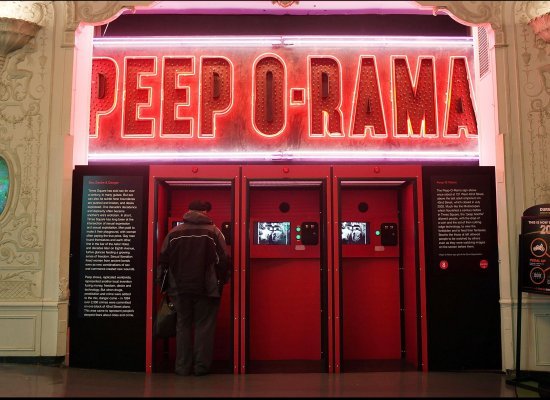 |
| Phone Sex Via 1-900 Numbers The porn industry has been called tech's "quiet pioneer" and indeed the industry is frequently on the forefront when it comes to incorporating and experimenting with new technologies, from 3D TVs to robots. Over the last ten years, the Internet has proved a boon to the porn industry--while also providing a plethora of free XXX content--and even as the web has disrupted the adult industry's business model, it has also opened up new frontiers, such as adult video chats on webcams that provide a more "intimate" experience than 1-900 numbers. There are a number of new ways to engage in "cybersex," with sites like CupidCam replacing the phone lines and chat-rooms of yore. |
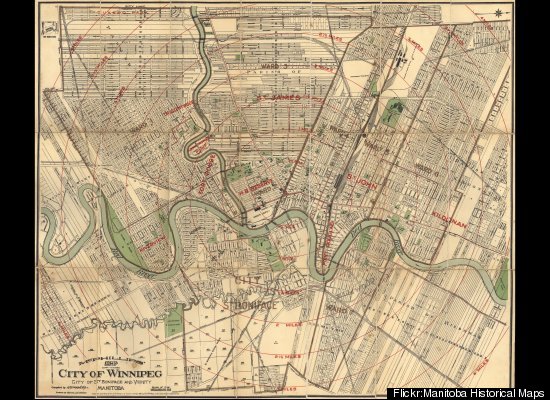 |
| Maps GPS devices keep getting cheaper, smaller, and more portable. We have GPS in our cars and on our phones. We use mobile maps for everything from cross-country trips to tracking down restaurants, and employ services like Google Maps and Mapquest to give us customized routes. Asking for directions, carrying around paper maps, and even getting lost are all increasingly obsolete. |
 |
| Calling Text messaging, BlackBerry Messaging, Instant Messaging, Tweeting, Facebook messaging, and emailing have taken over communication and opened up new avenues for getting in touch. The popularity of text messaging is gradually edging out calling (and even talking face to face): The AP wrote in April 2010, "The frequency with which teens text has overtaken every other form of interaction, including instant messaging and talking face-to-face, according to a study released Tuesday by researchers at Pew Research Center and the University of Michigan." |
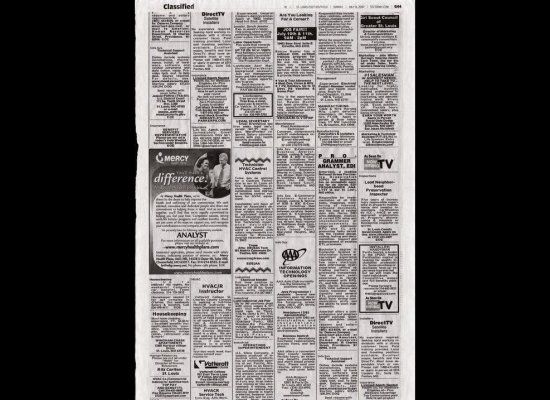 |
| Classifieds In Newspapers Not only have ad dollars followed audiences online, but the expansion of Craigslist -- from one city, San Francisco, to over 500 -- has sent chills down the spines of newspaper publishers everywhere, thinning newspapers and reducing ad sales. |
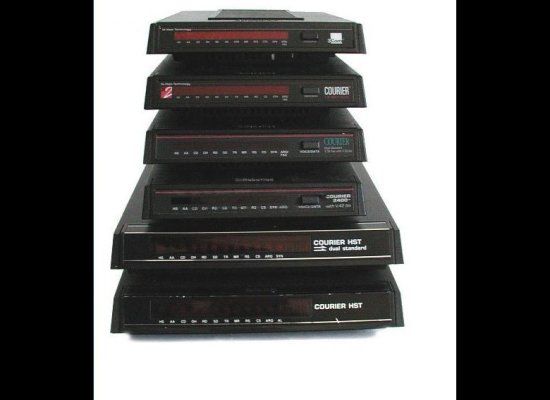 |
| Dial-Up Internet |
 |
| Encyclopedias Users have traded Britannicas on the bookshelf for the collaboratively-built, online-only Wikipedia. |
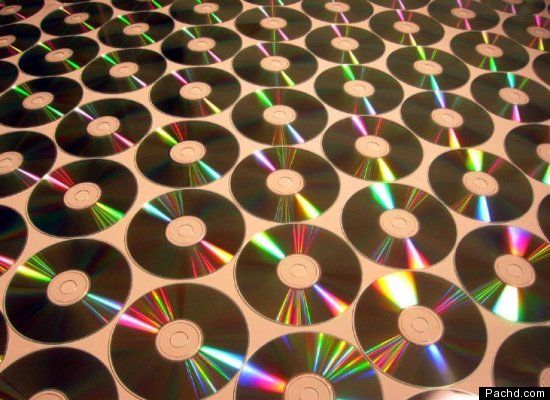 |
| CDs CDs, and the stores that sold them, have all but been replaced by digital music that can be downloaded online, one track at a time |
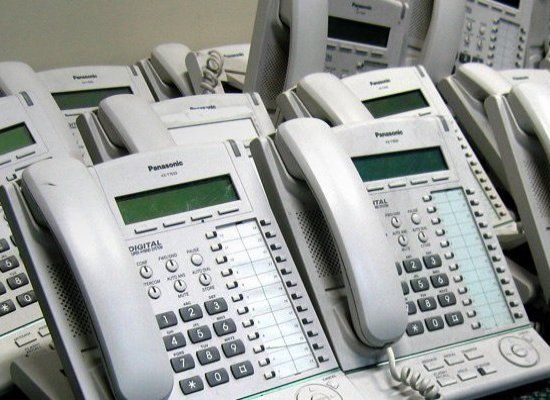 |
| Landline Phones While many still rely on landlines--especially in areas where cellphone service is spotty--users are increasingly unplugging. As the AP explained, a recent survey found, "In a first for any age group, more than half of Americans age 25-29 live in households with cell phones but no traditional landline telephones." |
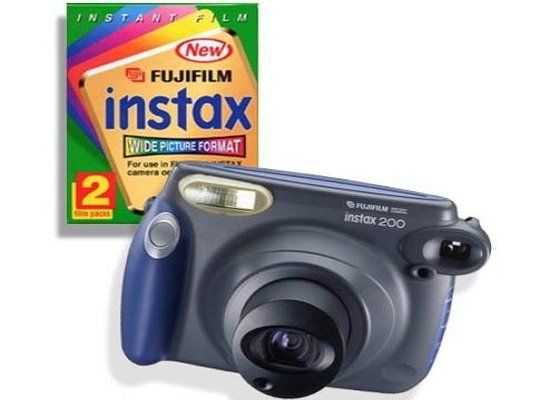 |
| Film (And Film Cameras) Digital cameras--on phones, point-and-shoots, or computers--are capturing memories, instantly and cheaply, in place of film cameras. |
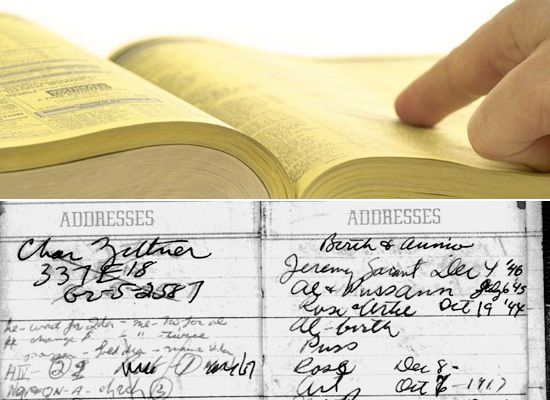 |
| Yellow Pages And Address Books There was a time when "let your fingers do the walking" meant opening a phone book -- not typing in a search query. Phone books, address books, and the Yellow Pages have been made obsolete, their information transferred from paper onto smartphones, and the web. |
 |
| Catalogs Earlier this decade, "spam" came through the mail slot, not into your inbox. Times have changed. |
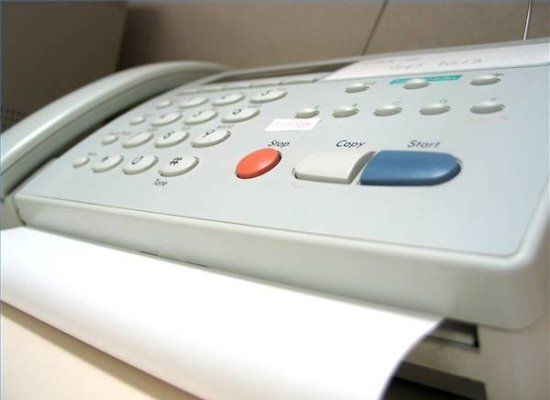 |
| Fax Machines Before, hot. Now? Not. |
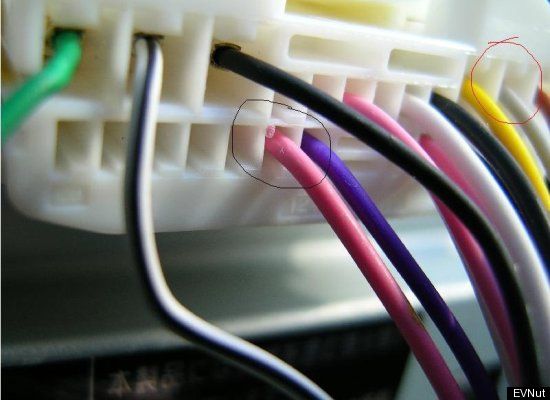 |
| Wires Wireless internet, wireless updating, wireless downloads, wireless charging, wireless headphones: Although wires are still around (for now!), they're well on their way to being a thing of the past. |
 |
| Hand-Written Letters Love letters, thank you notes, and invitations have gone being hand-written to typed, and from the mailbox to the inbox. Sending online messages is a bargain next to $.44 stamp. |
 |
| Bookstores The last decade has brought bad news for bookstore-browsing bookworms. The rise of online retailers like Amazon, which offers bargain-basement prices on books and other items, and the increasing popularity of ebooks has put pressure on bookstores and put many of them out of business. Publishing industry insider Mike Shatzkin predicts, "what brick-and-mortar booksellers will experience in the first six months of 2011 will be the most difficult time they've ever seen" and, as HuffPostBooks wrote here, the pace of bookstore closings is increasing. Blacks have stopped reading all together. Most Blacks in there 50's and 60's that grew up in schools that were somewhat still kept all Black have stopped reading and learning. This generation had to learn to read to do just about everything. Even with the computer age, one must still read what's on a computer regardless of your skill level. Most of the older Blacks I know will figure learning a computer is very hard, but if you can read you can learn anything. Take it from someone who could not understand the English language at the age of 12 to 13 years of age. If you can learn to read you can learn and Blacks are multi adaptive. I now not only repair computers and just about anything electronic (Went to College), but I try to teach many of the people who seem to not want to learn it at all. |
No comments:
Post a Comment